Introduction
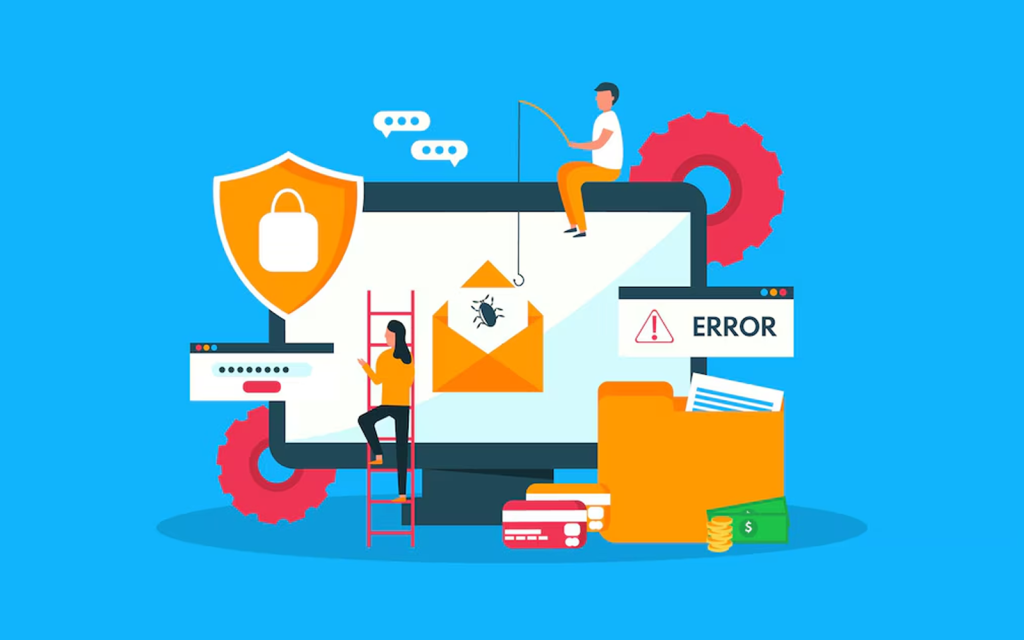
It begins with the loftiest of goals. Operating from its vast 12-acre campus in Mountain View, California, and a sprawling 3-million-square-foot office in Manhattan, Google and its parent company, Alphabet, manage data centers globally. These technological hubs are the backbone of their grand, existential mission: to organize the world?s information and make it universally accessible.
Just think about what?s involved here. Google placed it upon itself to be the world?s largest librarian. And they must do this amidst a sea of creators, businesses and legitimate people and organizations all competing for the highest-ranking keywords. Then there are those who are always looking for ways to game the system, or worse, those they must constantly police and build policies for.
However, with decades of institutional knowledge, ever evolving and highly confidential algorithms, and innovative facilities, Google has solidified its position as an uncontested search engine.
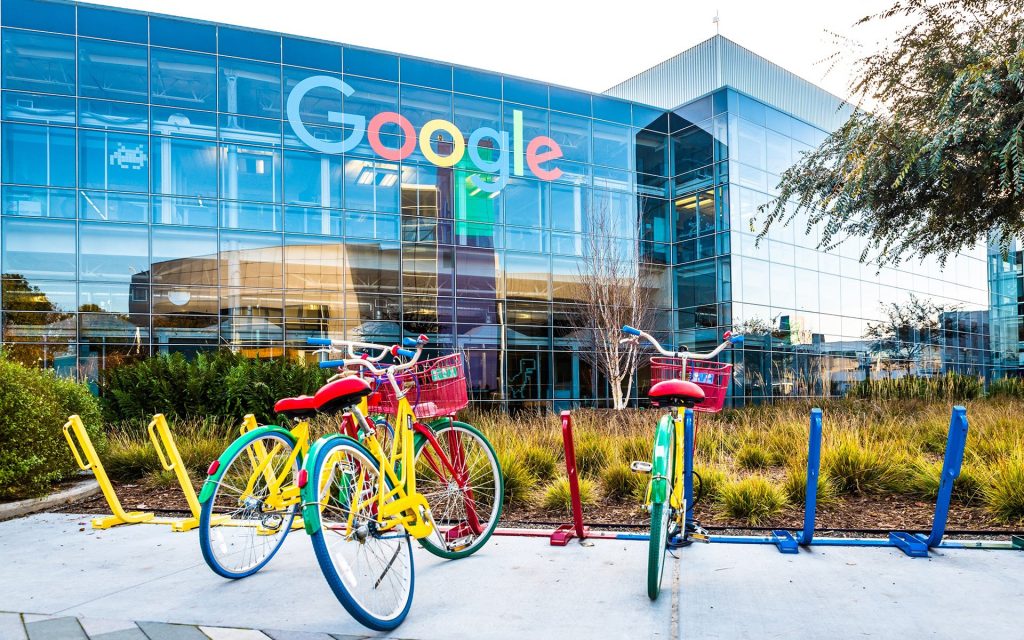
For businesses aiming to climb the SERP (Search Engine Results Page), there are no shortcuts. Success requires diligent effort and building a solid foundation, just like any reputable business. This approach aligns perfectly with Google’s famous motto: “Don’t be evil.” To succeed, businesses must adhere to ethical and technological standards online and offline. There’s simply no other way.
This article does not delve into advanced link building strategies, as no such tactics are known to effectively manipulate Google over time. Instead, we will focus on link building in its most fundamental form. It’s about how SSDI firms and groups should engage with communities, share their expertise, and earn a positive reputation for doing a job well done.
Begin with Value Propositions
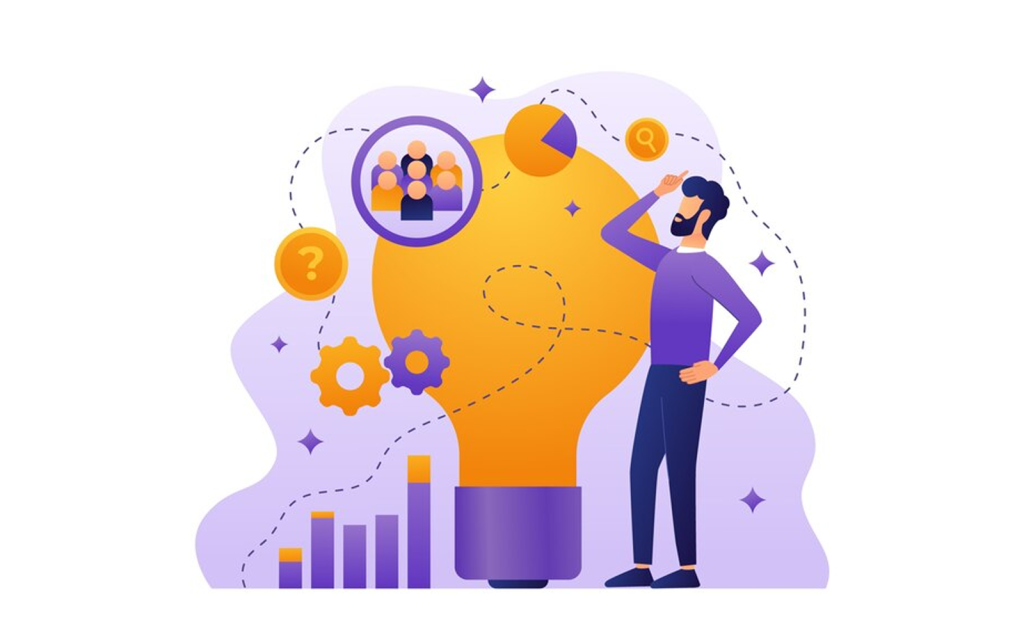
Link building has never been a race to the top of Google’s SERP. It never was; it’s always been about adding value and utility. To be considered a high-quality backlink, your website must consistently provide value to users over time, not just rely on brand recognition and prestige.
The key is to offer genuine utility to your visitors, making your website indispensable to their productivity. This principle explains why strategies like Broken Link Building and the Skyscraper Technique are so effective. These methods focus on presenting a value proposition that provides solutions to enhance other websites.
Broken Link Building involves finding relevant industry websites with broken links. You inform the website owner of the broken link and suggest your content as a replacement. If they agree, they replace the broken link with yours, adding a valuable backlink to your site and creating a new stakeholder in your network.

The Skyscraper Technique, inspired by how buildings compete to be tallest to capture the public?s attention, involves creating superior content and attracting links from top-performing related sites. Website owners prefer to link to the best resources available, increasing your chances of earning more links. This method, pioneered by Brian Dean of Backlinko, emphasizes exceptional content’s importance in drawing valuable backlinks.
The Only Link Building Secret You Need to Know

The foundation of any successful link-building strategy starts with a simple question: why are you in this business? Is there a deeper purpose that drives you, a mission that goes beyond just turning a profit? For SSDI firms, this question holds particular weight.
The landscape of Social Security Disability Insurance is shifting. Public awareness is growing each year, fueled by an aging population with a rising need for these critical services. This surge in demand has created a more competitive market for SSDI firms and advocacy groups. In the scramble to climb Google’s search rankings, it’s easy to lose sight of the bigger picture ? the mission that brought you here in the first place. Remember, no amount of fancy link-building tricks can permanently place you on Google?s radar.
Trying to game Google’s algorithm is futile. The truth is, Google simply reflects your offline business success and its online engagement. To succeed in both online and offline marketing, the focus needs to shift from acquiring links to earning them.
Here’s where the power of reciprocity comes in.
“[Reciprocity] makes relationships, transactions and exchanges more beneficial to society”
In social psychology, reciprocity refers to the natural human tendency to respond positively to positive actions. Think of it as a social currency ? kindness begets kindness. The key? Sharing skills and knowledge you’re passionate about.
Marketing guru Robert Cialdini emphasizes the rule of reciprocity as one of the most fundamental norms in human culture. ?This sense of obligation makes relationships, transactions and exchanges more beneficial to society,? he said.
When you offer your time, expertise, or support within a community, you plant seeds for future connections. Helping others not only feels good; It also gets you noticed in online networks and communities. Reciprocity often plays out through a system of “paying it forward,” where connections organically form around shared values and mutual support.
Over time, Google takes notice of your genuine online presence and engagement. This translates to higher search engine rankings (SERP), not through manipulation, but through the power of real connections with others. So, forget the shortcuts and focus on building a foundation of purpose and value. That’s where true link-building success begins.
Types of Communities in the SSDI space
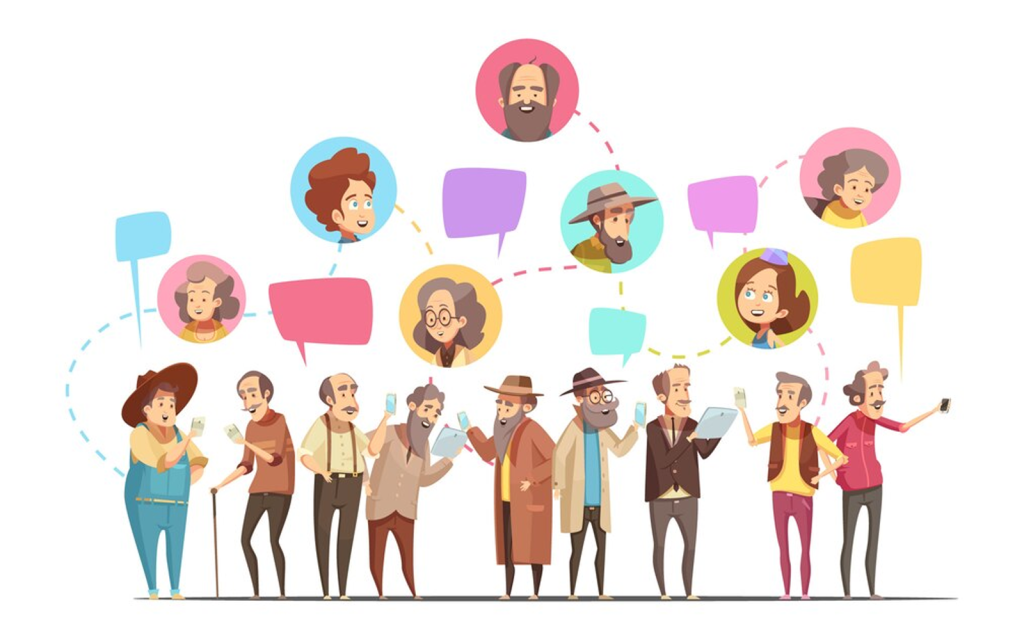
Beyond connecting with potential SSD applicants and clients, building and actively participating in communities is essential as SSD marketing becomes more competitive. The power of community lies in its ability to create a participatory experience that fosters genuine connections. Rather than an ?us versus them? relationship, communities promote a sense of ?we.?

No successful SSDI firms operate on their own. Behind them is an intricate patchwork of external stakeholders and communities fulfilling some lesser or greater function. Understanding these groups and their interests is crucial for strengthening your network and earning links. This includes those directly impacted by the program, professional networks, new and old media, and a wide range of organizations that support individuals with disabilities.
Let’s delve deeper into the various potential communities and organizations to target with outreach and explore their relevance to SSDI or legal space.
- Potential SSD Applicants and clients: These are the people/communities who are directly impacted
- SSDI Applicants and Recipients: They are the core external stakeholders, relying on the program for financial support during disability.
- People with Disabilities: While not all people with disabilities qualify for SSDI, the program’s accessibility and effectiveness impact this broader community.
- Advocacies and legal groups:
- National Organization of Social Security Claimants’ Representatives (NOSSCR): Represents advocates who help individuals navigate the SSDI application process.
- National Association of Disability Representatives (NADR) — An organization dedicated to supporting professionals who represent individuals seeking SSDI and Social Security Income (SSI).
- Disability Rights Advocacy Organizations: Advocate for disability rights and ensure equitable access to SSDI benefits.
- Legal Aid Organizations: Provide legal representation to low-income individuals applying for SSDI.
- Professional & Referral Network:
- Physicians and Medical Professionals: They diagnose conditions, complete disability paperwork, and provide crucial evidence for SSDI claims.
- Insurance companies that provide short-term disability insurance for income replacement. Their policies may not provide enough coverage for disability-related losses, so they refer clients to SSDI for additional support.
- Mass Tort firms – Firms representing plaintiffs that are suffering from injuries or disabilities that can referred to SSDI firms.
- Veterans’ groups.
- Other legal firms that can refer disabled/injured individuals to SSDI (e.g.
.Motor Vehicle Accident, Personal Injury, Medical Malpractice, Product Liability, etc.)
- Mastermind groups: Thought leaders or influencers, some of which could be competitors or other vendors in the legal or SSD space
- Media ? Traditional and New: Apart from traditional TV, Radio and Newspaper, New Media refers to publications, newsletters, podcasts, blogs, social media, and other video platforms (YouTube or Vimeo).
- Other potential stakeholders:
- Technology Companies: Developing solutions to facilitate the disability claims process or improve access to services.
Earning Links

Earning links from these communities requires significant engagement. It’s essential to align your interactions with the mission and goals of your firm. You must be mission-driven, focusing on earning backlinks for your content, collaborations, and contributions. Your aim is to be recognized as a thought leader who provides valuable insights and generates original ideas.
Start by showing them that you have something to contribute and that you provide fresh information
Here?s what you can do with your website.
Use visual aids, such as images and infographics. Visual aids are highly shareable and attract links effortlessly. An infographic about the success rate in disability insurance claims in North Carolina, for example, will likely attract backlinks to SSDI firms in the state. However, such a one-page infographic would require you to dive deep into research.
Create content with topics related to lists. Lists are popular and easily digestible information, making them appealing to both creators and consumers. For SSDI firms, perhaps you can make the top ten factors influencing the length of time it takes to receive a decision on a claim application.

Publish original research and data. These contents are highly linkable. Research such as on trends in approval and denial rates for SSDI claims over time or the changes in SSDI policies and their effects on application outcomes will stir interest.
Your content serves as your online portfolio of knowledge and expertise within the SSD legal space. Essentially, these are your ticket to engaging relevant communities.
Pointers for Earning Links within Communities
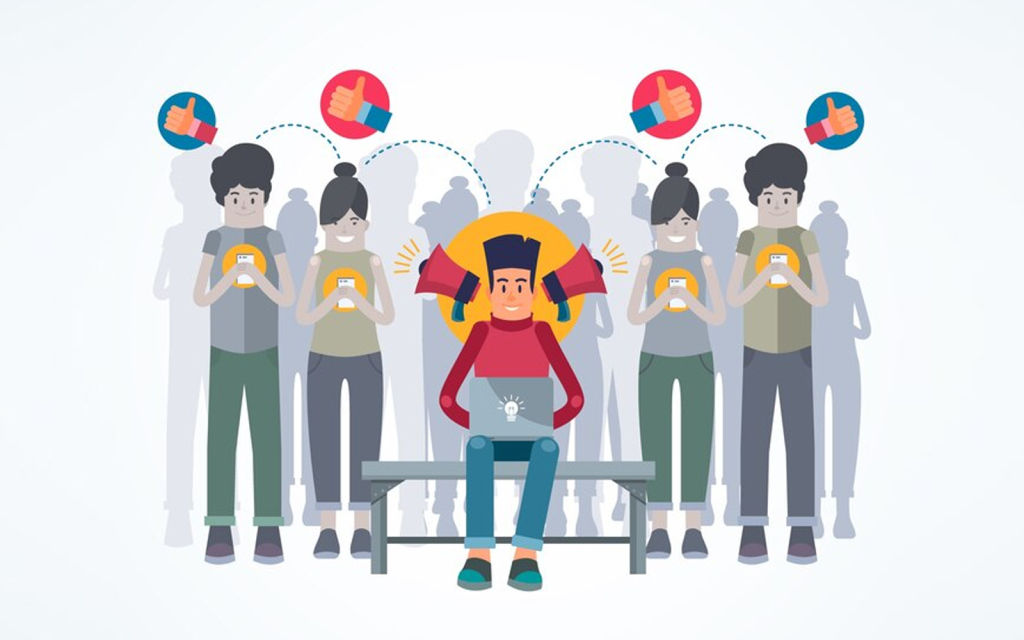
Here’s a roadmap for entering, participating, and thriving in communities and support groups, while also building a positive reputation:
Getting in the Community:
- Find the Right Fit: Research communities with the goal of “What you can add to this community?” instead of “What can you get from others in this community?”.
- Create a list of communities, or contacts to add to your own group, to begin the process of outreach
- Create a unique value proposition for each group or contact that clearly communicates why you would be a good fit to work with one another.
- Observe and Learn: Once the relationship has been formalized, spend some time lurking, getting a feel for the community dynamics, and finding out what?s missing, before actively engaging.
Active Participation:
- Offer Value, Not Just Opinions: Don’t just post self-promotion or basic comments. Share valuable insights, answer questions thoughtfully, and offer solutions where you can.
- Engage in Constructive Discussions. Focus on contributing to positive and productive conversations.
- Be a Reliable Source: Share credible information and resources if you possess them. Offer them your content to enhance existing information.
Building a Positive Reputation:
- Consistency is Key: Regularly participate in discussions and show genuine interest in the community. Don’t be a one-time poster.
- Help Others: Offer support and encouragement to fellow members. Respond to questions and participate in discussions that uplift others.
- Be Patient & Authentic: Building a reputation takes time. Be genuine, helpful, and focus on building relationships.
Finally, earn the backlinks:
- Become a Subject Matter Expert: Consistently share valuable information and insights. Be generous with your expertise. People will recognize your knowledge and trust your opinions.
- Offer to Help Others: Volunteer your time or skills to assist members with projects or challenges they might face.
- Organize Events or Discussions: Propose an interesting discussion topic or event relevant to the community. This showcases your leadership and initiative.
What Comes Next
You’ve successfully earned a backlink or received a referral for your SSDI firm. Now what?
Now, the real work begins. Maintaining your reputation hinges on consistently delivering excellent service.
Top SSDI firms stand out by blending quality service with rigorous professionalism and the determination and grit to win claims for clients. Central to their success is a deep understanding of the client’s needs and the complexities of the disability benefits process. From the first point of contact, these firms demonstrate empathy, recognizing the emotional and financial stresses their clients often face. This compassionate approach fosters trust and builds strong, lasting relationships.
In addition to this, your SSDI firm should have an optimized website and engage in consistent client outreach through practices, such as email marketing, personalized and proactive communication, and providing sound advice. Staying transparent with clients throughout the relationship and maintaining post-client services are also crucial.

This leads to positive word-of-mouth, feedback, and testimonials which, in turn, enhances your firm’s reputation as a trusted resource. As your reputation grows, so do your links and referrals, creating a continuous cycle of backlinks.
Struggling to be heard in a crowded market?
Disability Law Marketing understands the challenges of reaching your target audience. Our extensive experience in SSDI has enabled us to develop effective SEO and marketing campaigns that resonate with your ideal clients.
Here’s how we can help:
- Targeted Audience Research: We identify the right people to reach and tailor your message accordingly.
- Data-Driven Strategies: We leverage data insights to optimize your campaigns for maximum impact.
- Scalable Solutions: We deliver predictable and scalable results with your target margin in mind.
Let us help your campaign shine through the noise.


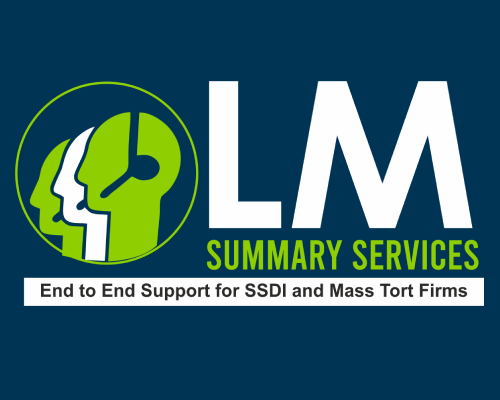


 Home
Home